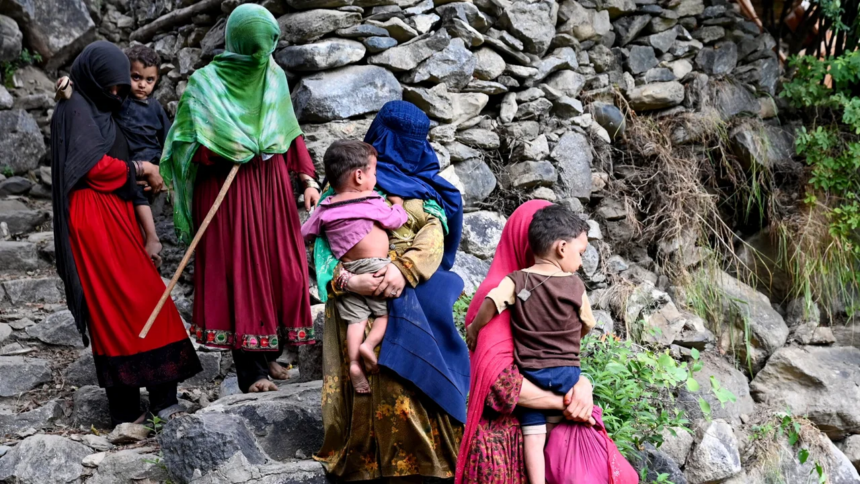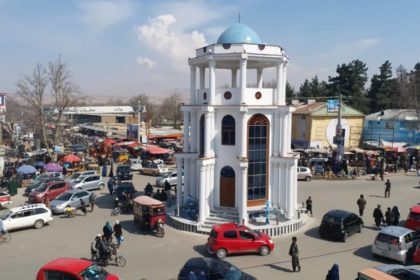RASC News Agency: One week after a powerful earthquake devastated eastern Afghanistan, the World Health Organization (WHO) has issued a stark warning: Taliban restrictions are crippling emergency response efforts and denying thousands of survivors especially women and children access to lifesaving medical care. In a detailed report released on Sunday, September 7, WHO stated that the regime’s severe limitations on women’s mobility, coupled with the near-total absence of female medical staff, have left female survivors in particular unable to obtain even the most basic treatment. The agency emphasized that the lack of ambulances, functioning vehicles, and trained health workers problems compounded by Taliban mismanagement has turned an already dire humanitarian crisis into a catastrophe.
The earthquake struck some of Afghanistan’s most mountainous and isolated regions, where landslides and continuous aftershocks have left communities cut off. Main roads remain blocked, forcing emergency teams to take perilous routes or walk long distances to reach survivors. Yet beyond geography, the primary barrier to care is political: Taliban decrees have crippled the country’s healthcare system, hollowing it of capacity and denying women their right to health. WHO’s assessment is grim: more than 84,000 people have been affected; 2,205 killed; 3,640 injured; and 6,782 homes destroyed. Of the wounded, 42 percent are women and girls, and more than 10 percent are children under five groups most directly harmed by the Taliban’s ban on female health professionals and restrictions on women’s travel without a male guardian.
To provide relief, WHO has deployed six mobile health teams to remote villages in Nurgal district, Kunar Province. These units are delivering trauma care, maternal and child health services, counseling, and emergency referrals. However, the agency admitted that its operations are crippled by shortages of fuel, transport, medical supplies, and most critically, female healthcare staff professionals whom the Taliban have systematically barred from working. WHO further cautioned that Afghanistan’s healthcare system, already on the edge of collapse after years of war and underinvestment, is now “severely compromised” under Taliban rule. At least 16 medical facilities across four provinces have been damaged in the quake, but even intact facilities face empty shelves and dwindling staff. The organization urgently appealed for $4 million in emergency funding to sustain operations and prevent an even greater loss of life.
Analysts say this disaster has once again exposed the Taliban’s hollow promises of governance. While the group continues to issue propaganda about “self-reliance” and “effective management,” the reality on the ground is stark: the Taliban have dismantled the fragile systems built over two decades, leaving Afghanistanis defenseless against both natural and man-made crises. By banning women from education and work including the health sector they have weaponized gender discrimination, turning a natural disaster into a man-made calamity. What should have been a coordinated relief effort has instead become another grim reminder of Afghanistan’s isolation and vulnerability under Taliban rule. For the survivors of Kunar, particularly women and children, the earthquake’s devastation is not merely geological it is political.






